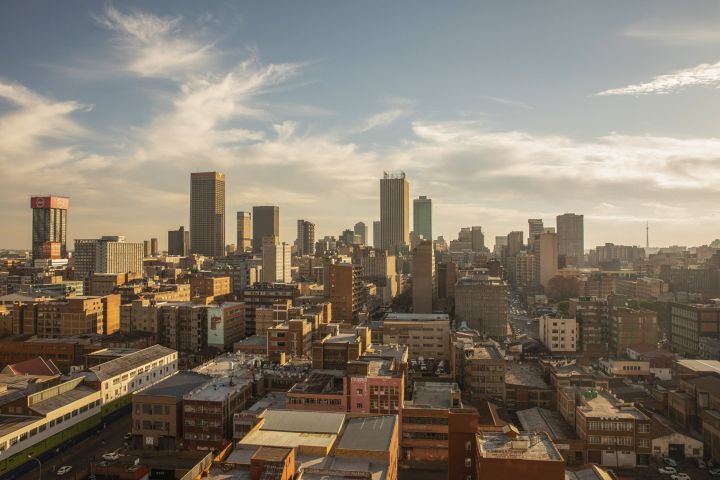BUDGET 2024
Global minimum corporate tax to bring in R8bn in 2026/27

To bolster its corporate tax base, a global minimum corporate tax will be implemented in South Africa, with multinational corporations subject to an effective tax rate of at least 15%, regardless of where the company’s profits are located
In a bid to make South Africa (SA) a more attractive business destination, government will implement a global minimum corporate tax, with multinational corporations subject to an effective tax rate of at least 15%, regardless of where the company’s profits are located.
As per the Budget Review 2024, implementation of the global minimum tax is gathering pace. SA joins around 54 countries taking steps to implement it, including Japan, South Korea, the UK and EU member countries.
The thinking is to limit harmful tax competition or the race to the bottom of effective corporate tax rates for large multinationals, with countries competing to attract income by offering low tax rates and tax incentives.
Finance Minister Enoch Godongwana says these proposed reforms are expected to yield an additional R8-billion in corporate tax revenue in the 2026/27 financial year
In 1980, statutory corporate tax rates around the world averaged 40.11% and by 2022, the average was 23.37%, according to estimates from the Organisation for Economic Development (OECD), based on rates in 180 jurisdictions.
Hopes are riding high that implementing the minimum tax of 15% in SA will bolster the corporate tax base. The global minimum tax ensures that any multinational with annual revenue exceeding €750-million will be subject to an effective tax rate of at least 15%, regardless of where its profits are located.
Tax for multinationals
Government proposes to introduce two measures to effect these changes — an income inclusion rule, and a domestic minimum top-up tax — for qualifying multinationals, from 1 January 2024.
The income inclusion rule will enable South Africa to apply a top-up tax on profits reported by qualifying South African multinationals operating in other countries, with effective tax rates below 15%. The domestic minimum top-up tax will enable SARS to collect a top-up tax for qualifying multinationals paying an effective tax rate of less than 15% in SA.
Finance Minister Enoch Godongwana says these proposed reforms are expected to yield an additional R8-billion in corporate tax revenue in the 2026/27 financial year.
Read more in Daily Maverick: Finance Minister Godongwana’s juggle to sidestep tax hikes in an election year — and balance the government books
The move cannot come too soon. Revenue from both corporate income tax and value-added tax (VAT) is expected to remain subdued due to low profitability in many sectors, and the adjustment costs of new investments in energy generation and storage.
Windfall tax gains ended
Windfall tax gains from high commodity prices over the last two years have come to an end, leading to a sharp fall in mining tax revenue. For the first 10 months of 2023/24, mining provisional corporate tax collections fell by R39.2-billion or 50% relative to the same period in the previous year.
Lower commodity prices, weaker global growth, increased power cuts and operational problems at SA’s ports have weighed heavily on the sector.
Although commodity prices are expected to stabilise, corporate profitability is projected to remain weak in 2024/25. Collections from the manufacturing sector also contracted over the period, while the finance sector registered marginal growth.
Following robust growth over the two years prior, import VAT and customs duties collections have slowed considerably. Net VAT collections for 2023/24 have been revised down by R26-billion, compared with 2023 Budget expectations.
Read more in Daily Maverick: Government to squeeze an additional R15-billion revenue out of struggling consumers
The Budget Review notes that high VAT refund payments resulted from increased investment in embedded generation and higher costs of doing business, including the use of more expensive road transport due to operational and maintenance failures in the rail network.
The Explanatory Memorandum and Draft Global Minimum Tax Bill to be released today will contain more details on these proposals, as well as a request for public input. DM



















Comments - Please login in order to comment.